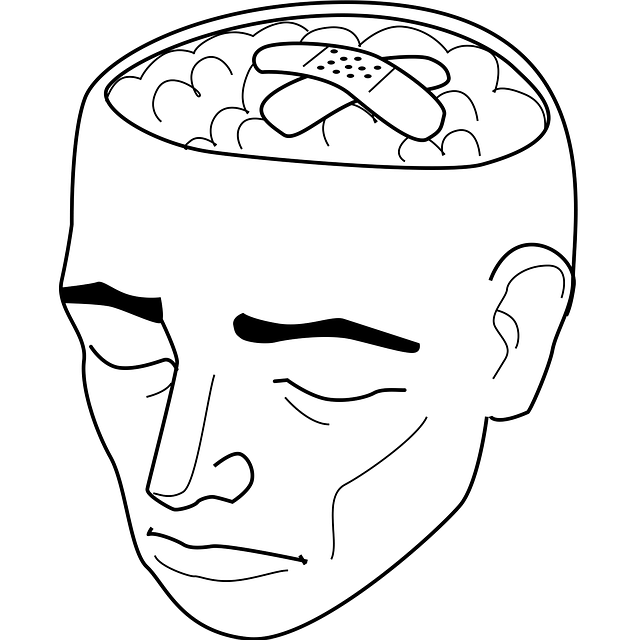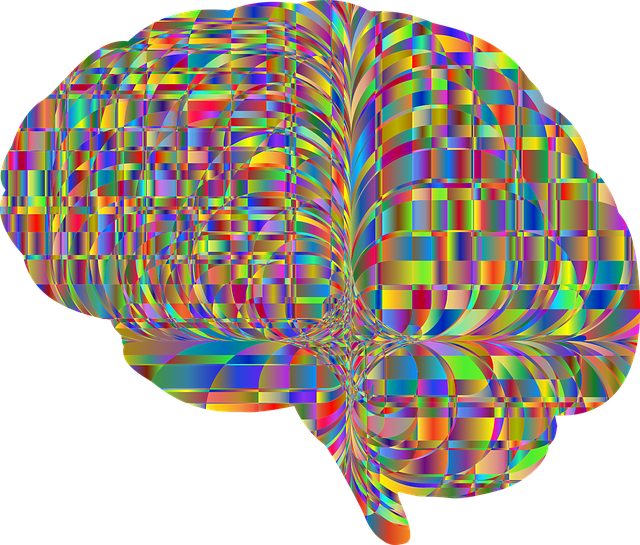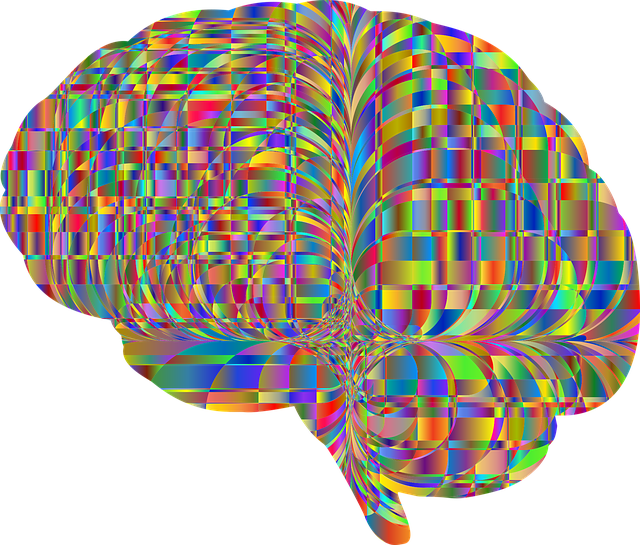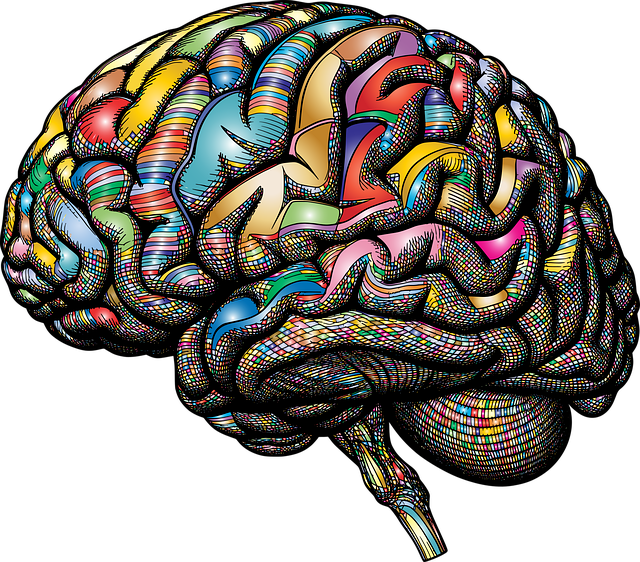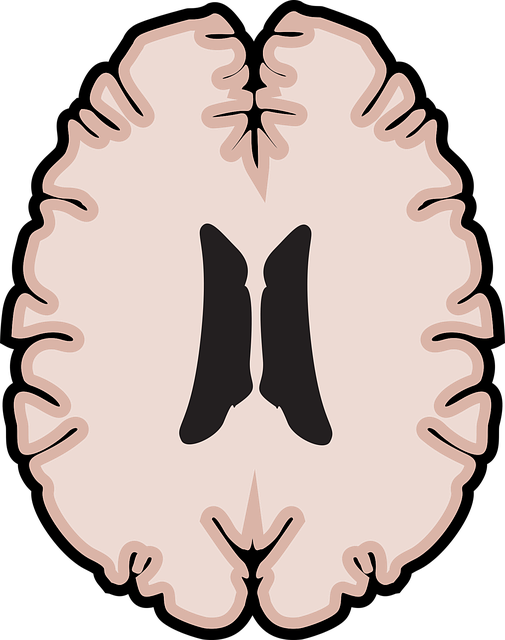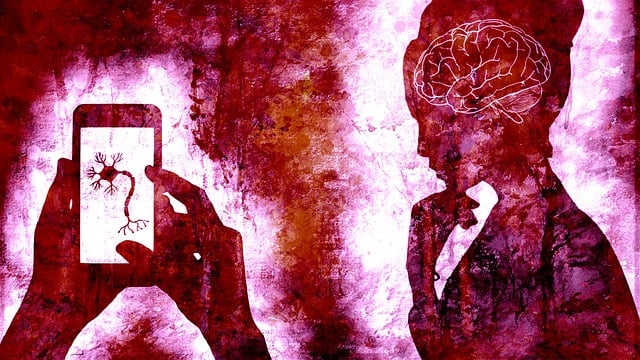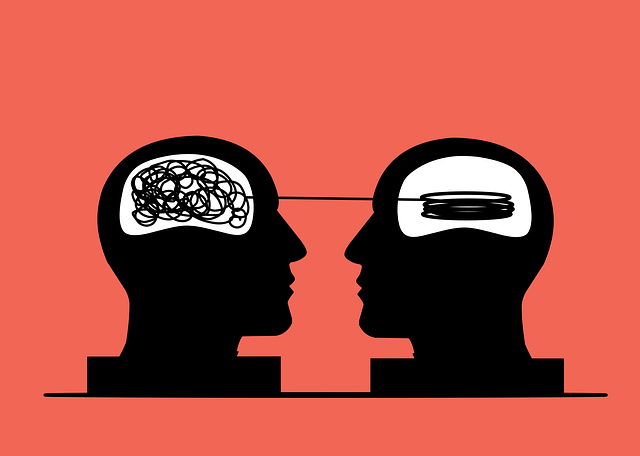Mental illness diagnoses in adults with eating disorders require a nuanced approach. Therapy for Adults Eating Disorders focuses on recognizing symptoms, understanding various disorders like anorexia nervosa and bulimia, and emphasizing professional assessments. Effective treatment combines therapeutic options such as CBT, DBT, stress management workshops, and empathy-building strategies. Access to support systems, resources, crisis intervention guidance, tailored therapy services, and community resources is vital for successful recovery. Additionally, depression prevention strategies play a key role in enhancing long-term well-being.
- Understanding Mental Illness Diagnoses: A Comprehensive Guide for Adults with Eating Disorders
- Navigating Treatment Options: Effective Therapy Approaches for Adult Eating Disorders
- Support Systems and Resources: Empowering Individuals in Their Recovery Journey
Understanding Mental Illness Diagnoses: A Comprehensive Guide for Adults with Eating Disorders

Mental illness diagnoses can be a complex and often overwhelming process for adults experiencing eating disorders. Understanding the various aspects of this journey is essential for navigating effective treatment. A comprehensive guide, tailored to adults with eating disorders, should cover key elements like recognizing symptoms, different types of disorders (such as anorexia nervosa or bulimia), and the importance of professional assessment.
This guide can also delve into the therapeutic options available, including individual therapy, group support sessions, and specialized programs designed for adults with eating disorders. It should emphasize the role of evidence-based practices like cognitive-behavioral therapy (CBT) in managing symptoms, as well as stress management workshops and empathy-building strategies to foster a supportive environment. By providing clear information, individuals can make informed decisions about their care and actively participate in their treatment plan, ultimately contributing to improved outcomes and enhanced quality of life.
Navigating Treatment Options: Effective Therapy Approaches for Adult Eating Disorders

Navigating treatment options for adult eating disorders can be a daunting task. It’s crucial to understand that no one approach fits all when it comes to therapy. Effective treatment often involves a combination of strategies tailored to address the individual’s specific needs. Cognitive Behavioral Therapy (CBT) is widely recognized as a powerful tool, focusing on identifying and changing negative thinking patterns and behaviors related to food and body image. This approach helps individuals develop healthier coping mechanisms for stress management, which can be further enhanced through group therapy sessions facilitated by experienced professionals.
Additionally, Dialectical Behavior Therapy (DBT) has shown promising results in treating complex eating disorders. DBT combines CBT techniques with mindfulness practices and emotional regulation skills to help adults navigate intense emotions and distressing thoughts around food. Incorporating these evidence-based therapies, often combined with medication management as needed, can lead to significant improvements in mental wellness and overall mental health awareness for those struggling with eating disorders.
Support Systems and Resources: Empowering Individuals in Their Recovery Journey

Support Systems and Resources play a pivotal role in empowering individuals on their recovery journey from mental health conditions, especially eating disorders that require therapy for adults. Access to the right guidance can be transformative during times of crisis, offering essential tools for emotional healing processes. Many organizations provide Crisis Intervention Guidance tailored to specific needs, ensuring individuals don’t face their challenges alone.
Beyond immediate intervention, establishing a robust support network is crucial. This includes access to therapy services, support groups, and community resources that cater to the unique aspects of eating disorders recovery. By weaving together these elements, individuals can navigate their path to healing more effectively, with a greater chance of achieving and maintaining long-term well-being, while also prioritizing depression prevention strategies along the way.
Mental illness diagnosis and treatment can be a complex journey, especially for adults with eating disorders. However, understanding your condition and navigating effective therapy options is empowering. By leveraging support systems and resources available, individuals can foster their recovery. Engaging in therapy specifically tailored for adults with eating disorders, as discussed in this article, offers valuable tools to manage symptoms and improve overall well-being. Remember that recovery is a personal process, and seeking help is a courageous first step towards reclaiming your life.
